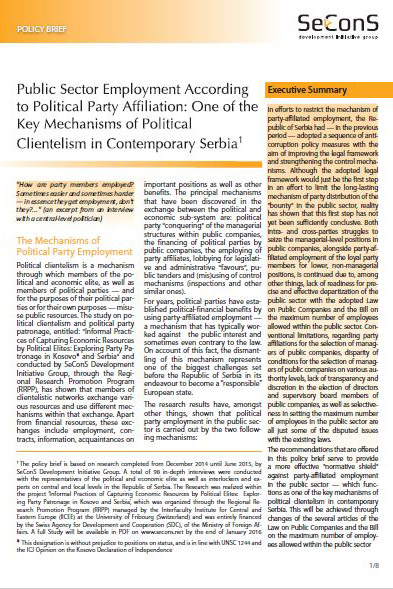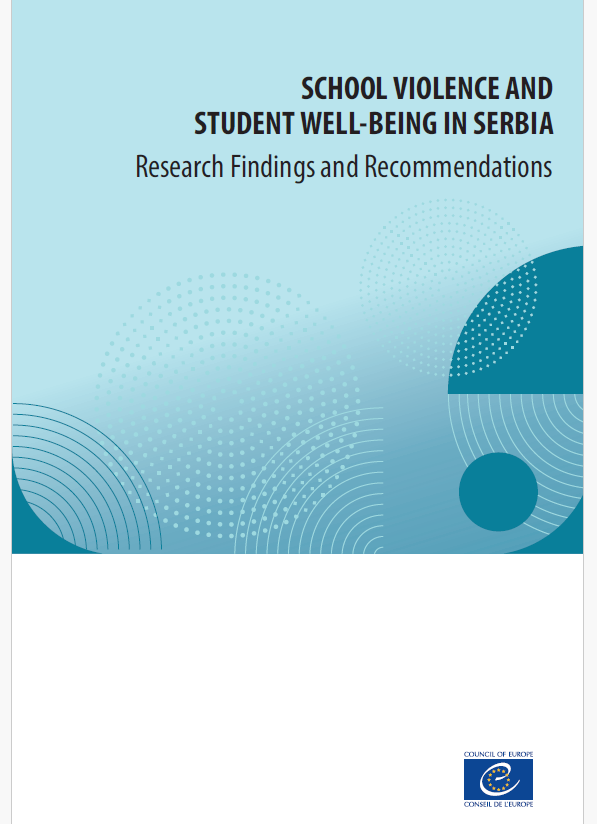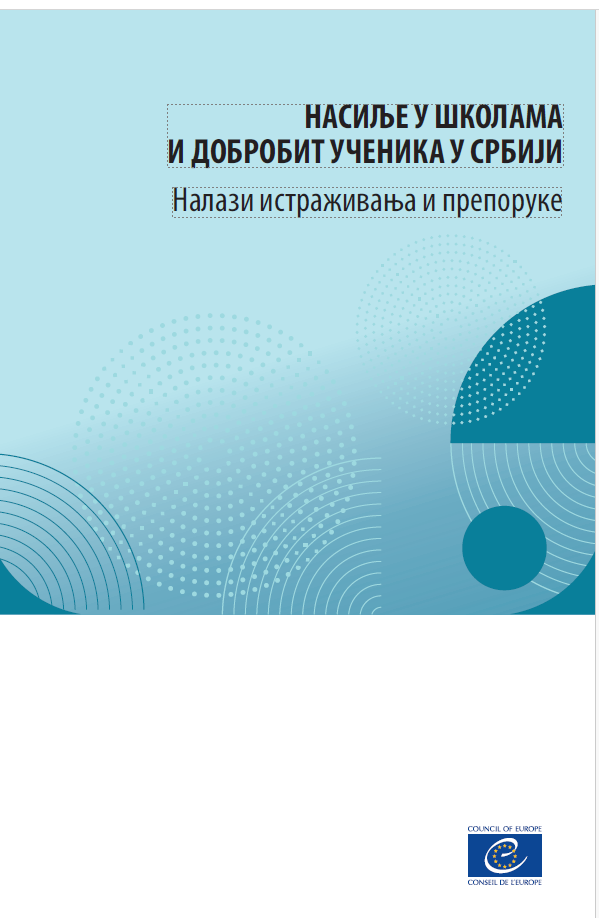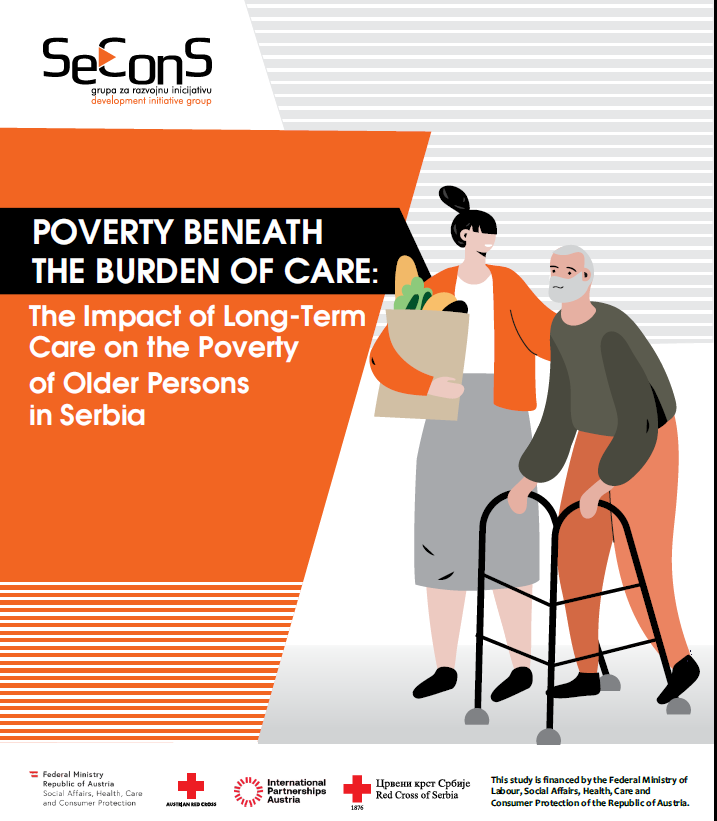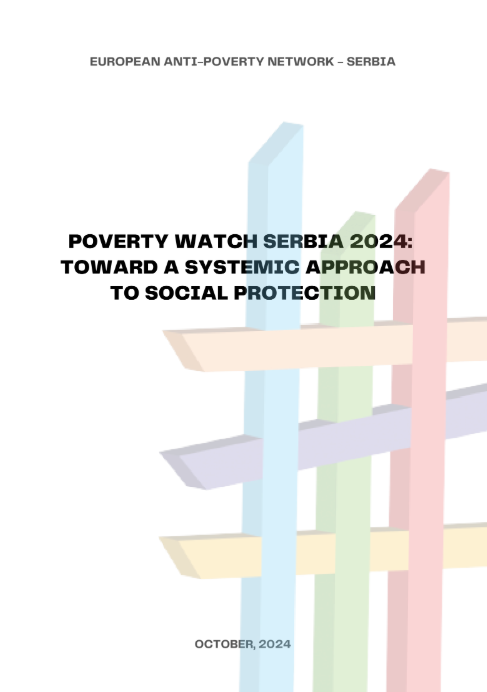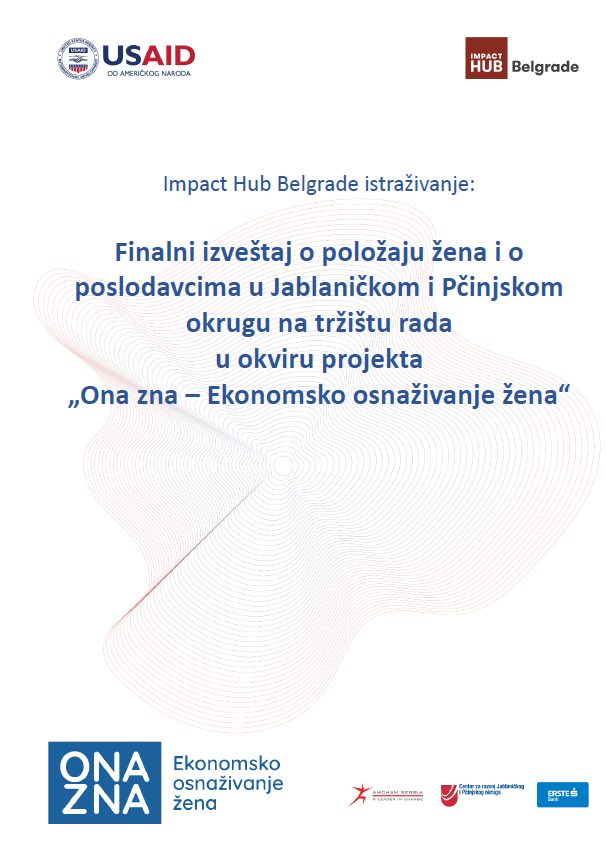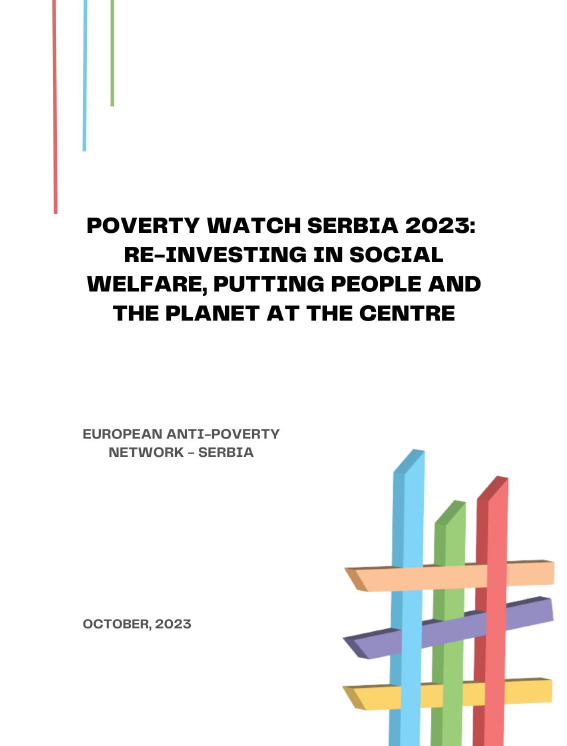In effort to restrict the mechanism of party-affiliated employment the Republic of Serbia had adopted a sequence of anti-corruption policy measures with the aim of improving the legal framework and strengthening the control mechanisms. Although the adopted legal framework would just be the first step in an effort to limit the long-lasting mechanism of party distribution of the “bounty” in the public sector, reality has shown that this first step has not yet been sufficiently conclusive. Both intra- and cross-parties struggles to seize the managerial-level positions in public companies, alongside party-affiliated employment of the loyal party members, is continued due to lack of readiness for precise and effective departization of the public sector with the adopted Law on Public Enterprises and the Bill on the maximum number of employees allowed within the public sector.
Based on the research of political clientelism and party patronage in Serbia, which is conducted by SeConS research team, a set of recommendations serve to provide a more effective “normative shield” against party-affiliated employment in the public sector, and some of them are included in the Law on Public Enterprises in Serbia. (http://www.parlament.gov.rs/upload/archive/files/cir/pdf/zakoni/2016/278-16.pdf)

